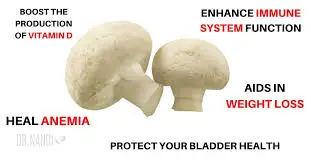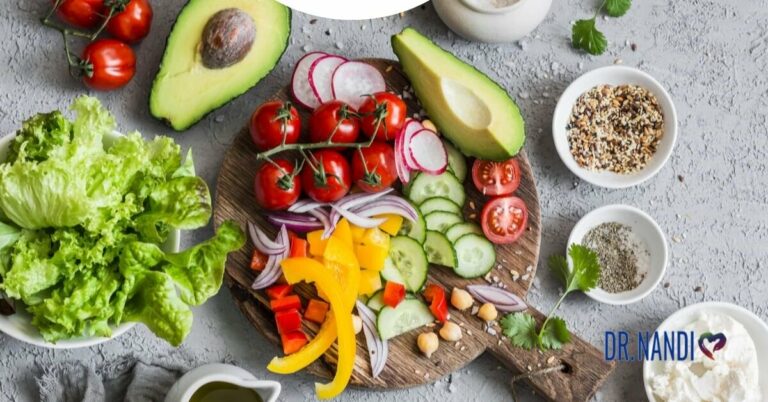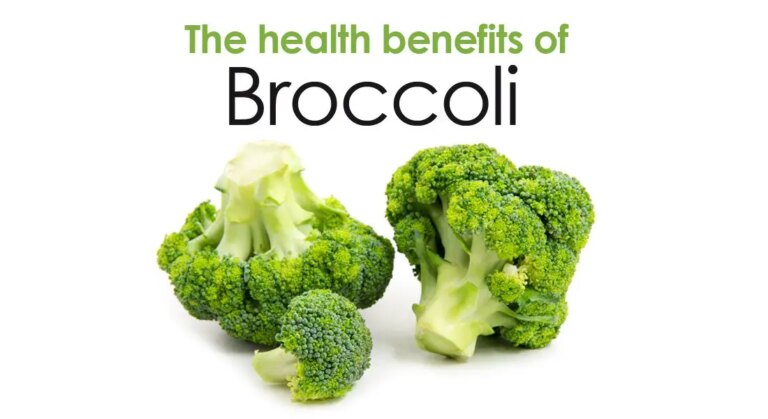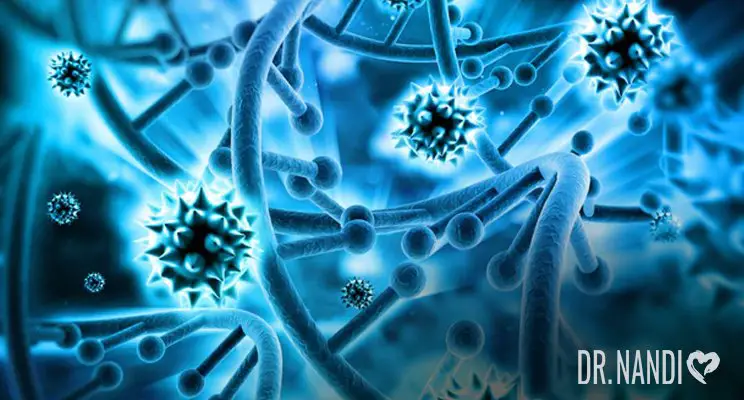Mushrooms have been cultivated for ages because they contain many essential nutrients and fantastic health benefits. For instance, the mushroom is an excellent source of selenium. This healthy food can make your body produce more vitamin D, especially when exposed to sunlight. Moreover, mushrooms contain no fat, no cholesterol, and no gluten. People often include mushrooms in a healthy diet for weight loss as they are low in calories. There are several other reasons to consume mushrooms regularly.
Health Benefits of Mushrooms
Mushrooms are a type of fungus, and there are over 140,000 different species. While many think of mushrooms as edible, there are also poisonous varieties. The majority of mushroom species are not dangerous to humans, and in fact, they offer several health benefits.
Mushrooms May Boost the Production of Vitamin D
Sunlight or sun rays cause skin damage, sunburn, and cancer. Nonetheless, you should consider the critical significance of vitamin D in your health. Vitamin D, sometimes known as the “sunshine vitamin,” aids immune system function, maintains normal tooth and bone development and growth, aids weight reduction, combats depression, and improves calcium absorption. Vitamin D deficiency may lead to pains, aches, tiredness, muscle pain, and bone weakness. And yes, the mushroom is a natural source of this critical vitamin. Mushrooms make your body produce more vitamin D, especially when exposed to sunlight. Other vitamin D-rich foods include sardines, salmon, egg yolk, fortified milk, yogurt, cereal, shrimp, and orange juice.
Mushrooms Promote a Healthy Immune System
Regular consumption of mushrooms helps enhance immune system function by making antiviral products and proteins released by cells. Therefore, mushrooms are beneficial in protecting and healing the body’s tissues. Moreover, they can boost the body’s defenses against microbes.
Mushrooms May Aid in Weight Loss
Mushrooms are often incorporated into a healthy diet for weight loss because they are low in calories and speed up your metabolism. B vitamins in mushrooms are essential in turning carbohydrates into fuel and burning more energy. Mushrooms help metabolize proteins and fats in your body. Mushrooms are high in vitamins B3 and B2.
Mushrooms May Protect Your Bladder Health
Mushrooms are rich in selenium. Therefore, they can reduce the risk of bladder cancer. Because of its unique protective effect, women should eat mushrooms regularly.

Mushrooms May Lower Cholesterol Levels
There’s no fat or cholesterol in mushrooms, and they are low in carbohydrates. This food is high in fiber and enzymes, which help keep your cholesterol levels in check. Mushrooms can help your body prevent heart attack, stroke, and atherosclerosis.
Mushrooms May Heal Anemia
Iron deficiency in your blood can lead to anemia with symptoms such as fatigue, headaches, and digestive problems. To prevent anemia, you should include iron-rich foods like mushrooms in your diet. Iron is beneficial in promoting the formation of red blood cells and protecting overall health.
Mushrooms May Treat Diabetes
Consumption of mushrooms can help treat diabetes because it has low carbohydrates, no fat, and no cholesterol. Minerals, protein, and vitamins are plenty in mushrooms. This healthy food contains antibiotic properties that can help keep diabetes at bay.
Mushrooms Help Prevent Prostate Cancer and Breast Cancer
Mushrooms are beneficial in preventing prostate and breast cancer because Linoleic Acid and Beta-Glucans present in mushrooms contain anti-carcinogenic properties. Linoleic acid can balance the estrogen levels in your body. After menopause, estrogen may increase, which doubles the risk of breast cancer in women. Beta-Glucans can stop the growth of cancerous cells of prostate and breast cancer. Mushroom has anticancer effects when used medicinally.
Mushrooms Might Boost Bone-Strength
Mushrooms are high in calcium, a necessary vitamin for bone strength and production. Calcium deficiency in your diet can cause joint pain, lack of mobility, and osteoporosis. Therefore, you should consume calcium-rich foods like mushrooms to protect bone health.
Mushrooms Can Fight Against Free Radicals
Mushrooms are a great source of antioxidants; therefore, regular consumption can help your body fight against damage from free radicals. Free radicals may result in aging, heart disease, and some types of cancer.
Mushrooms May Reduce The Risk of Depression
The symptoms of depression include sadness, loneliness, anxiety, and fatigue. Mushrooms are beneficial in reducing the risk of depression because they contain high levels of vitamin D. Vitamin D has mood-boosting properties that can help keep depression at bay.
Mushrooms May Support Bowel Movement
Mushrooms are rich in fiber, which is essential for a healthy digestive system. Fiber helps add bulk to stool and prevents constipation. Moreover, fiber-rich foods like mushrooms can help you avoid hemorrhoids and other digestive problems.
Mushrooms May Improve Brain Health
Mushrooms are rich in Ergothioneine, an amino acid that has neuroprotective properties. Ergothioneine can help prevent damage to nerve cells and improve brain function.
Many people enjoy eating mushrooms, but it’s essential to choose wisely. Some species of mushrooms from the woods are inedible and dangerous. Do not pick mushrooms from the woods for consumption unless you know how to identify them. Eating a poisonous mushroom may threaten your health and lead to poison symptoms such as vomiting, cramps, convulsions, insanity, and nausea. Therefore, you need to buy mushrooms from a trusted source.
References:
- Bioactivities and Health Benefits of Mushrooms Mainly from China – PMC (nih.gov)
- Edible Mushrooms: Improving Human Health and Promoting Quality Life – PMC (nih.gov)
- A Critical Review on Health Promoting Benefits of Edible Mushrooms through Gut Microbiota – PMC (nih.gov)
- Mushrooms | The Nutrition Source | Harvard T.H. Chan School of Public Health
- 7 health benefits of mushrooms | UCLA Health Connect
- A Critical Review on Health Promoting Benefits of Edible Mushrooms through Gut Microbiota – PubMed (nih.gov)
- Bioactivities and Health Benefits of Mushrooms Mainly from China – PubMed (nih.gov)
- Bioactive components of mushrooms: Processing effects and health benefits – PubMed (nih.gov)
- Mushrooms: Nutritional value and health benefits (medicalnewstoday.com)
- Mushrooms: Health Benefits, Nutrients per Serving, Preparation Information, and More (webmd.com)
- The nutritional and health benefits of mushrooms – Cheung – 2010 – Nutrition Bulletin – Wiley Online Library


















